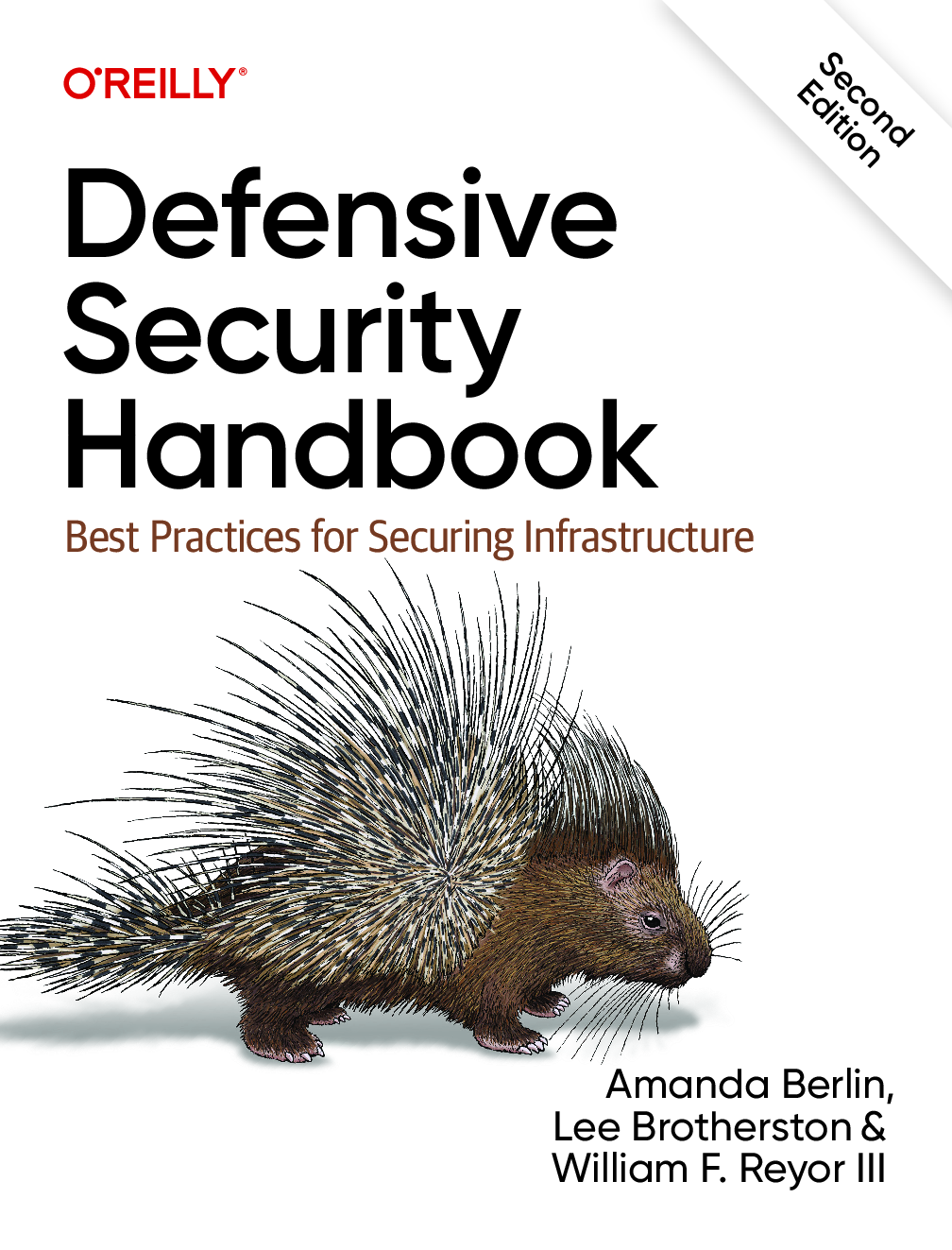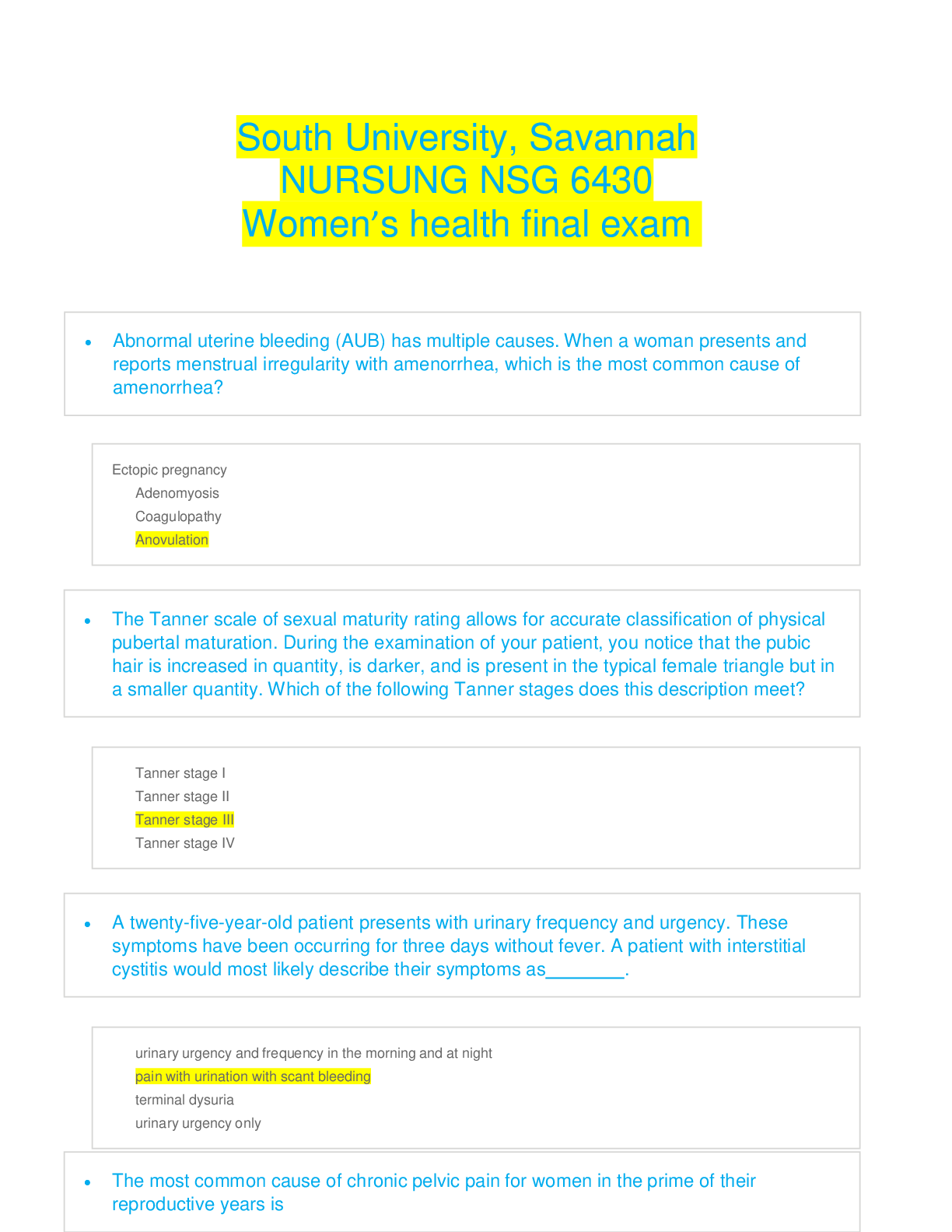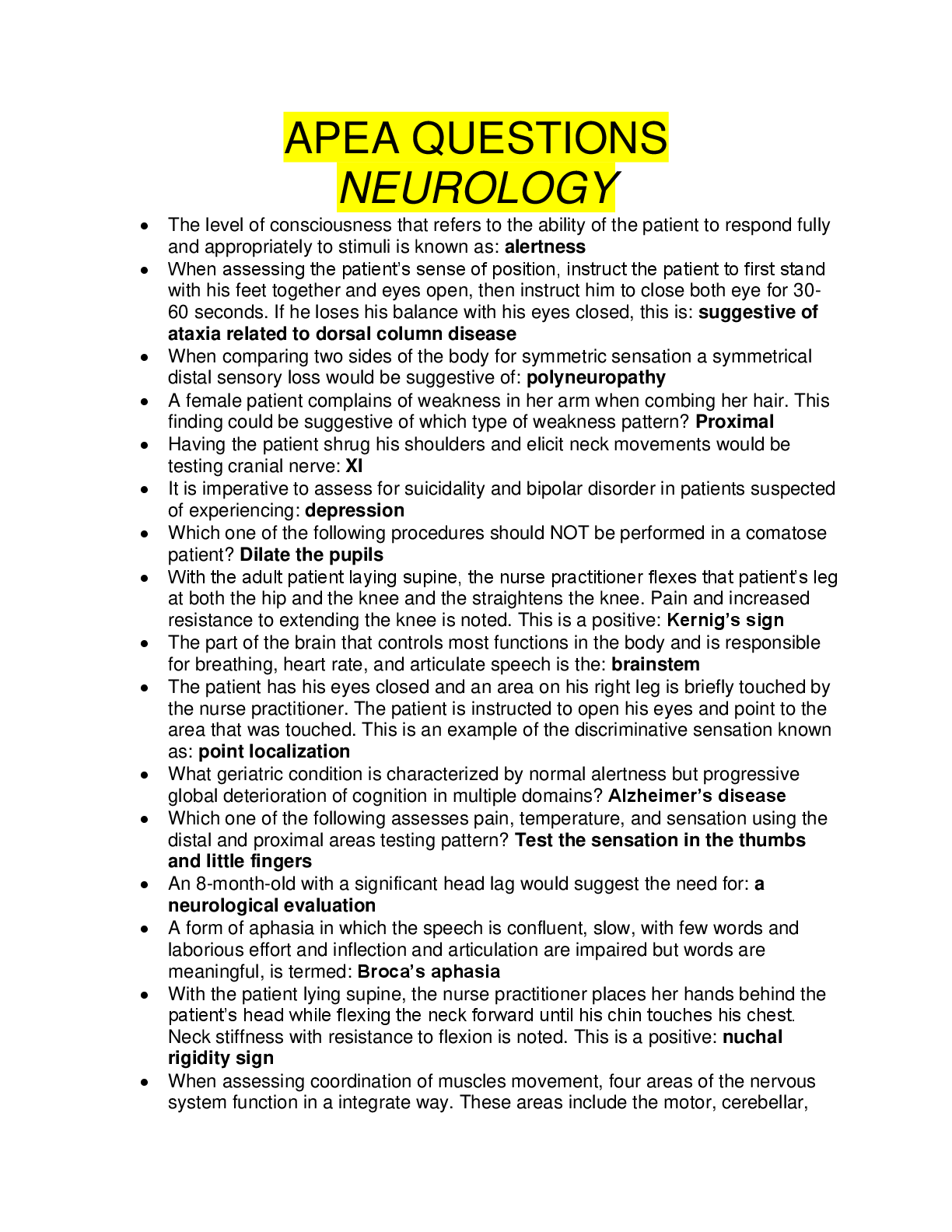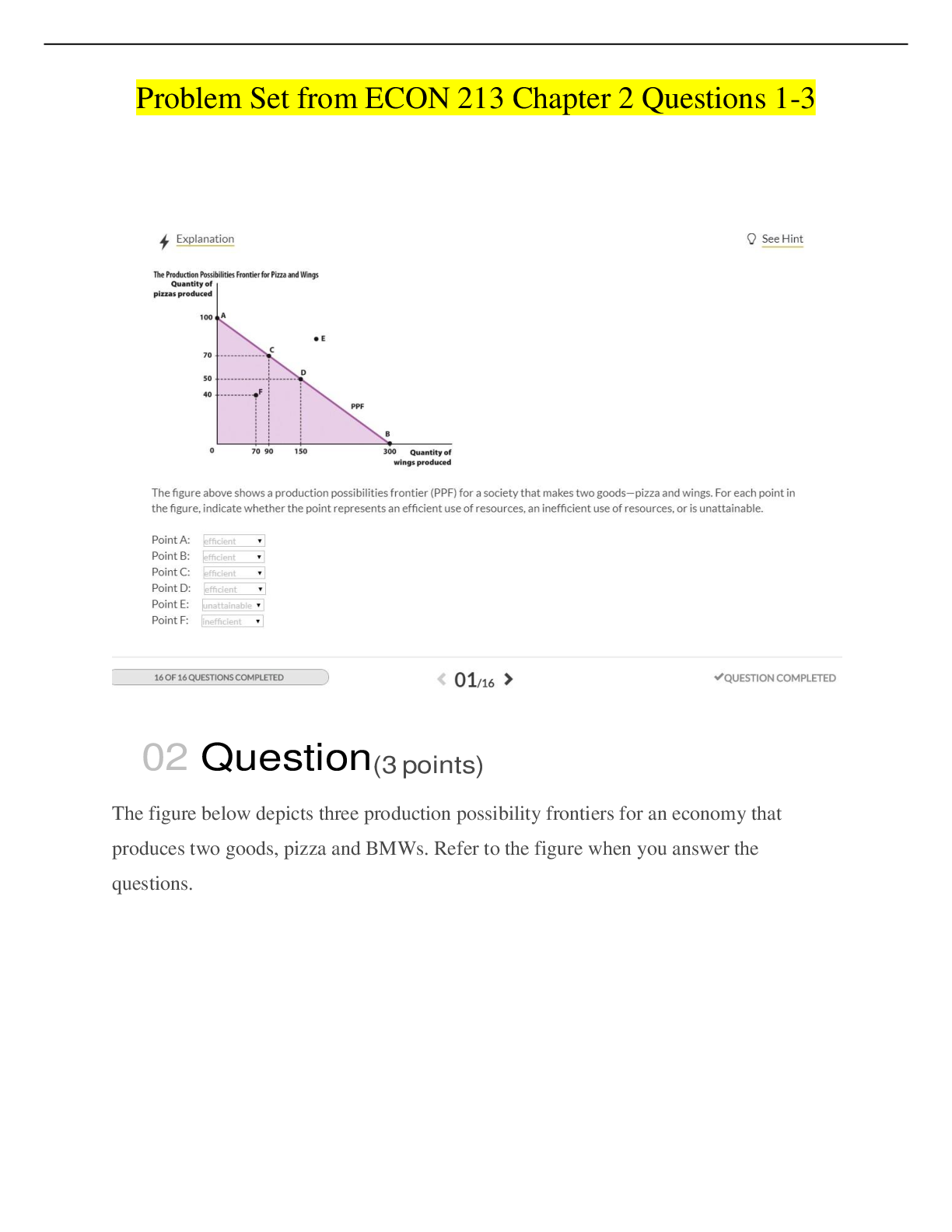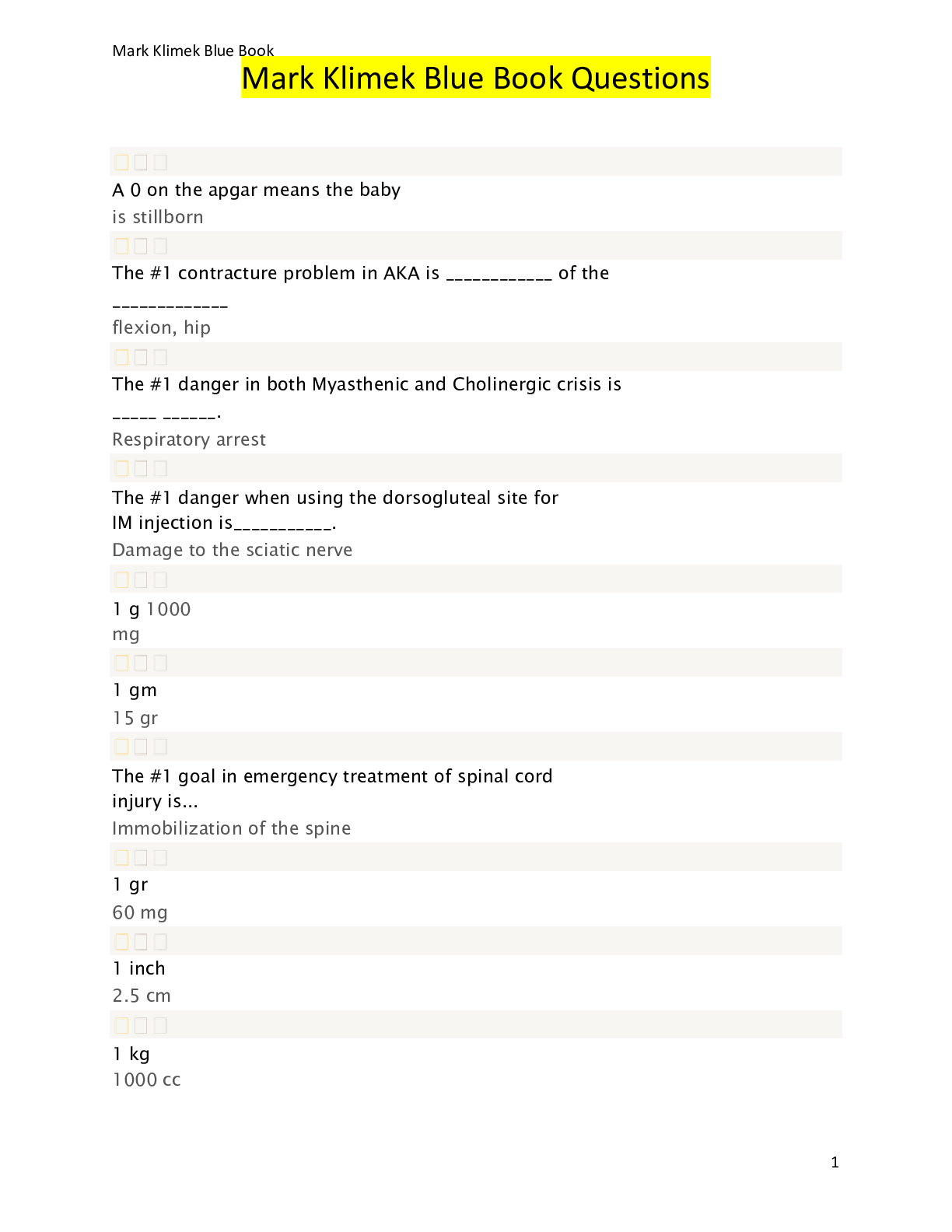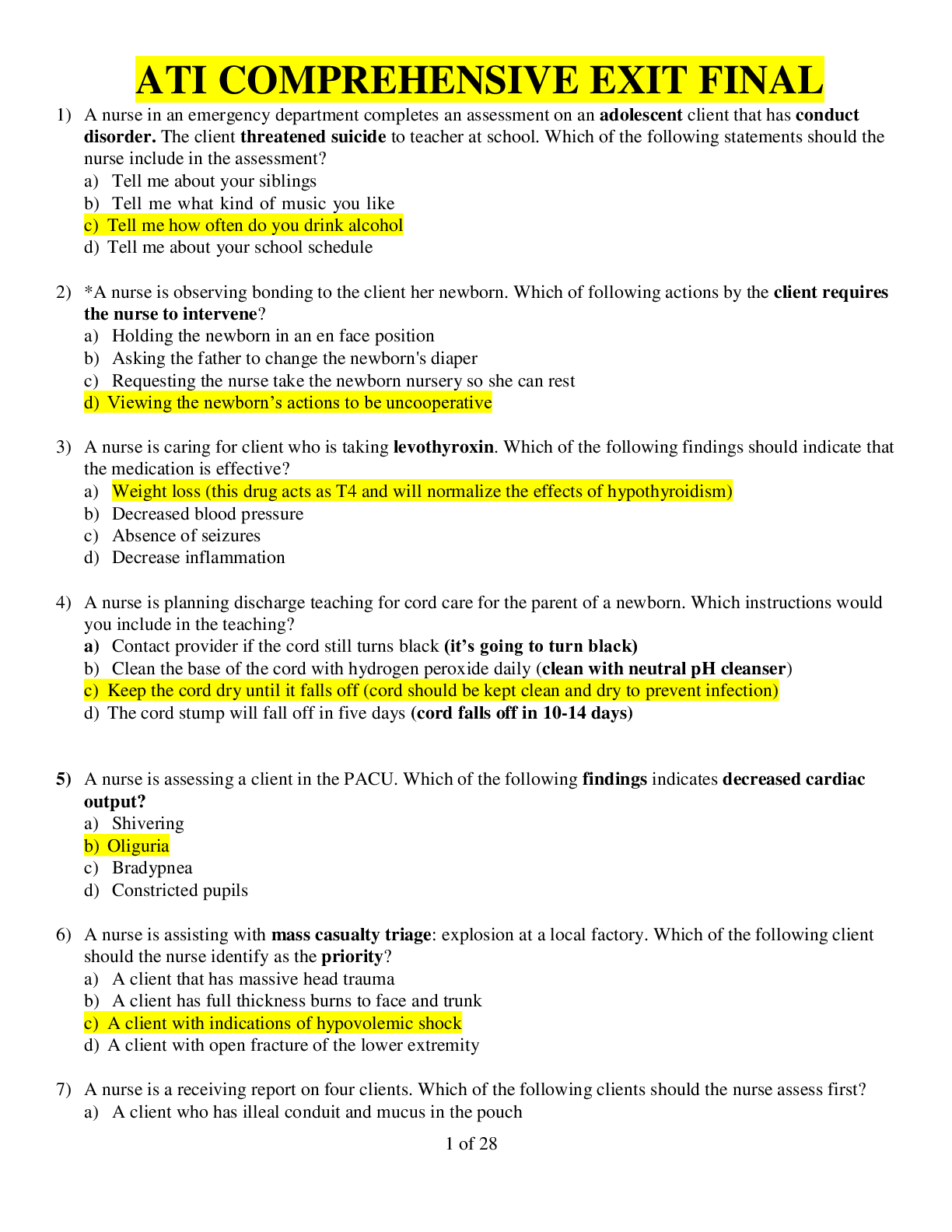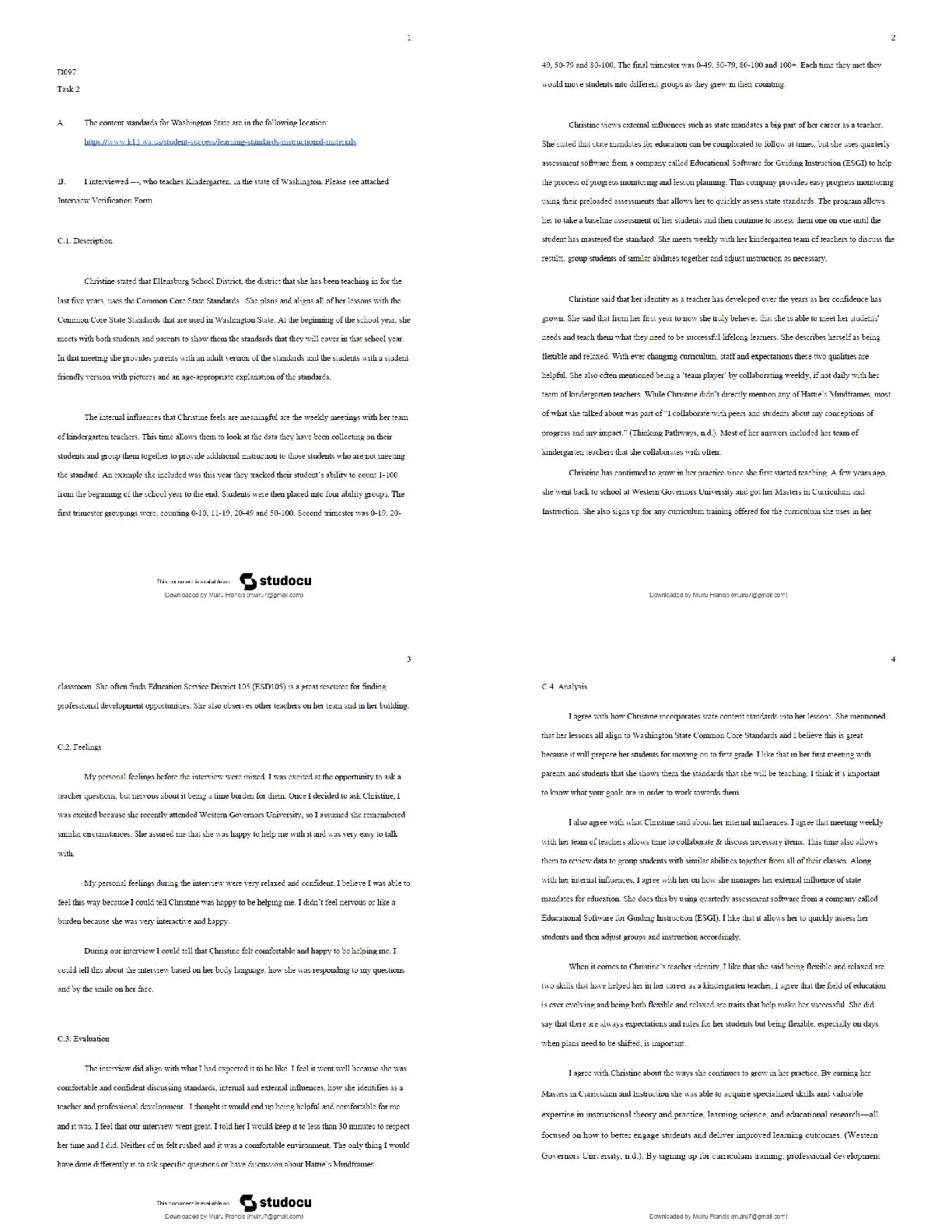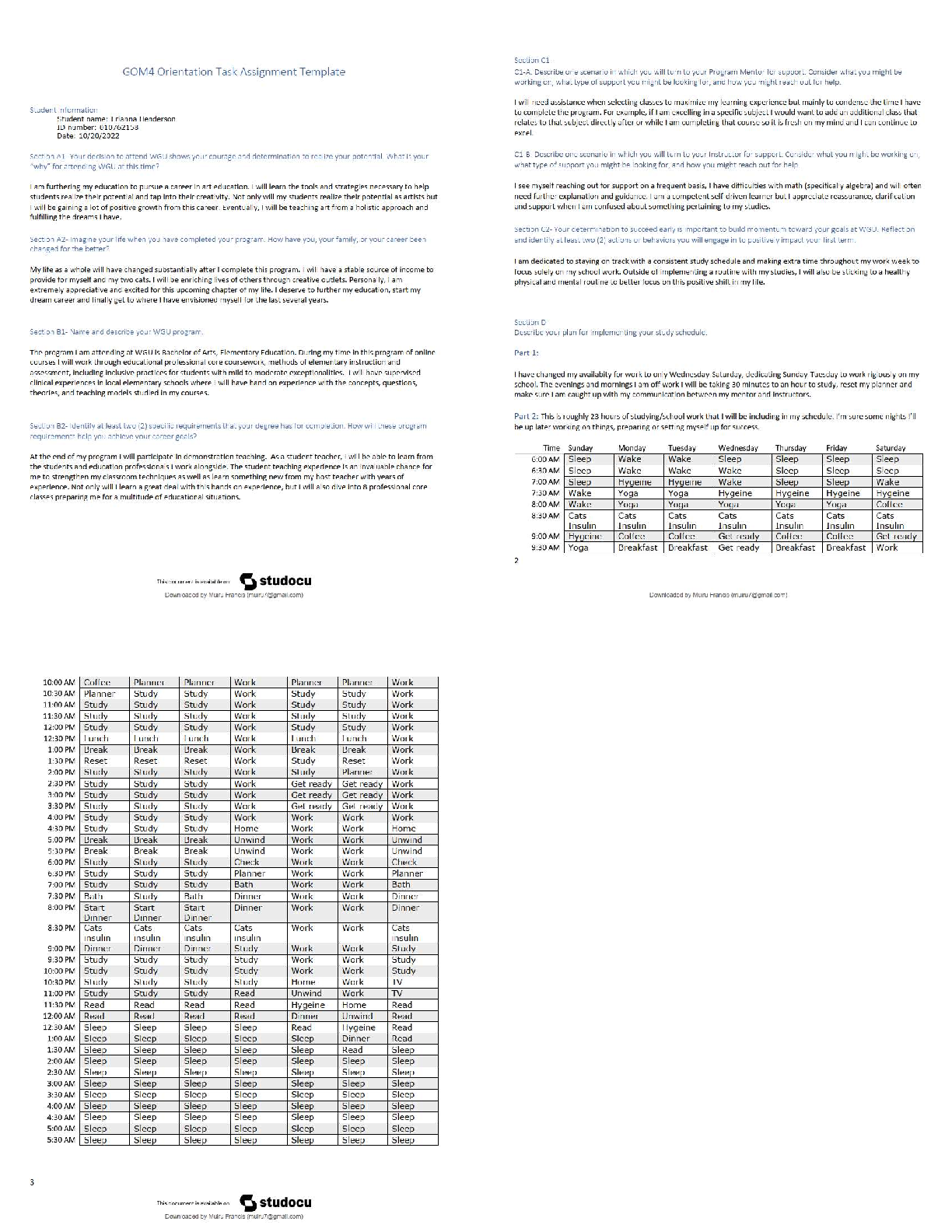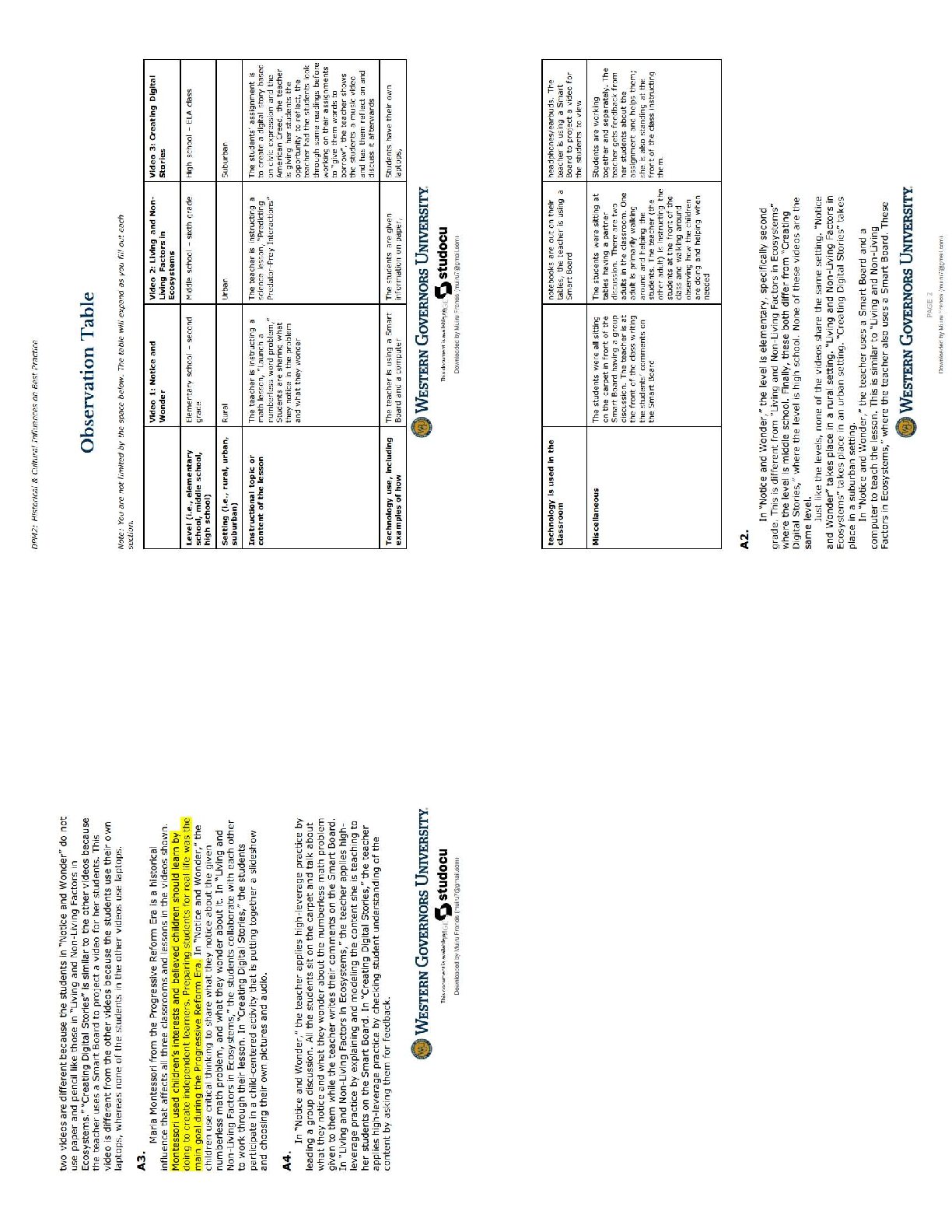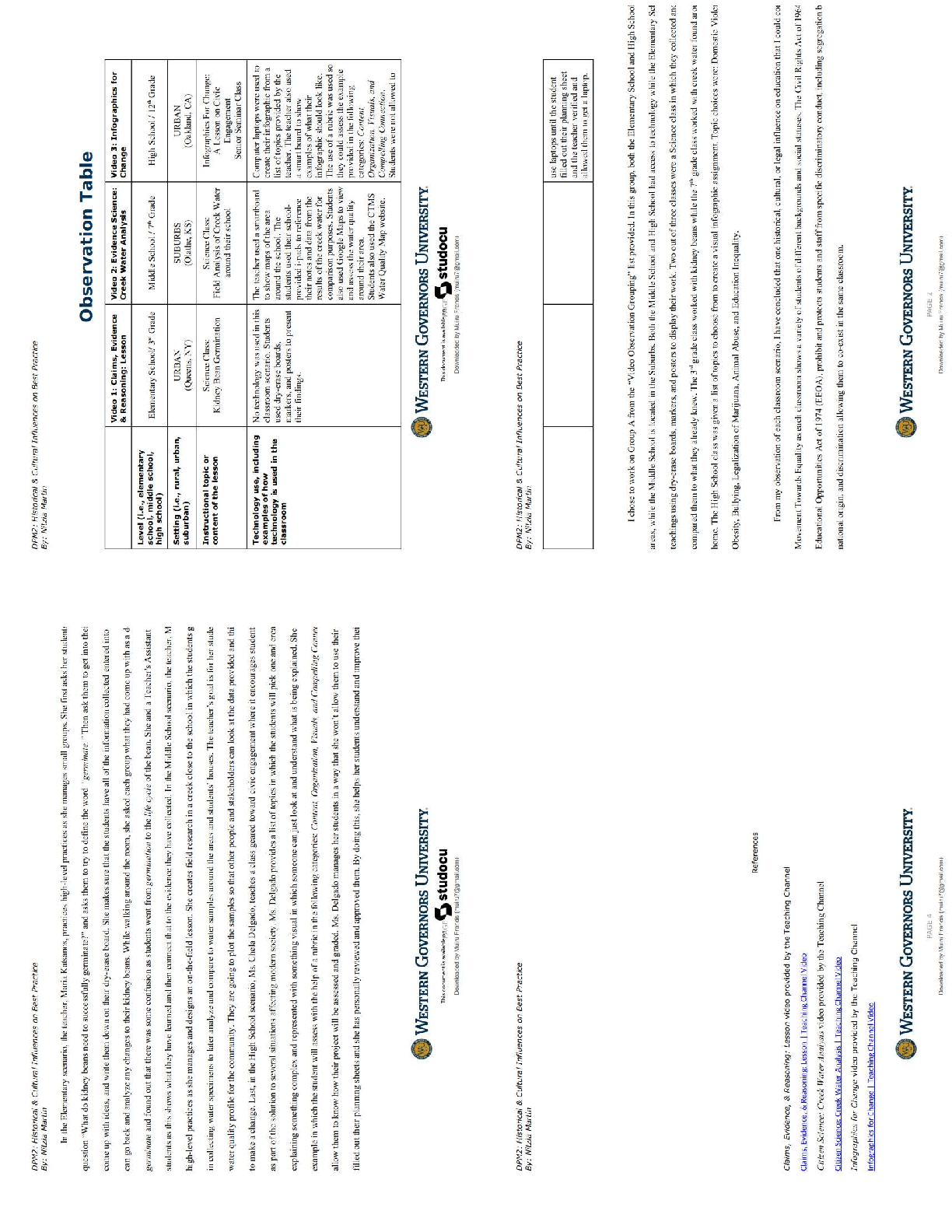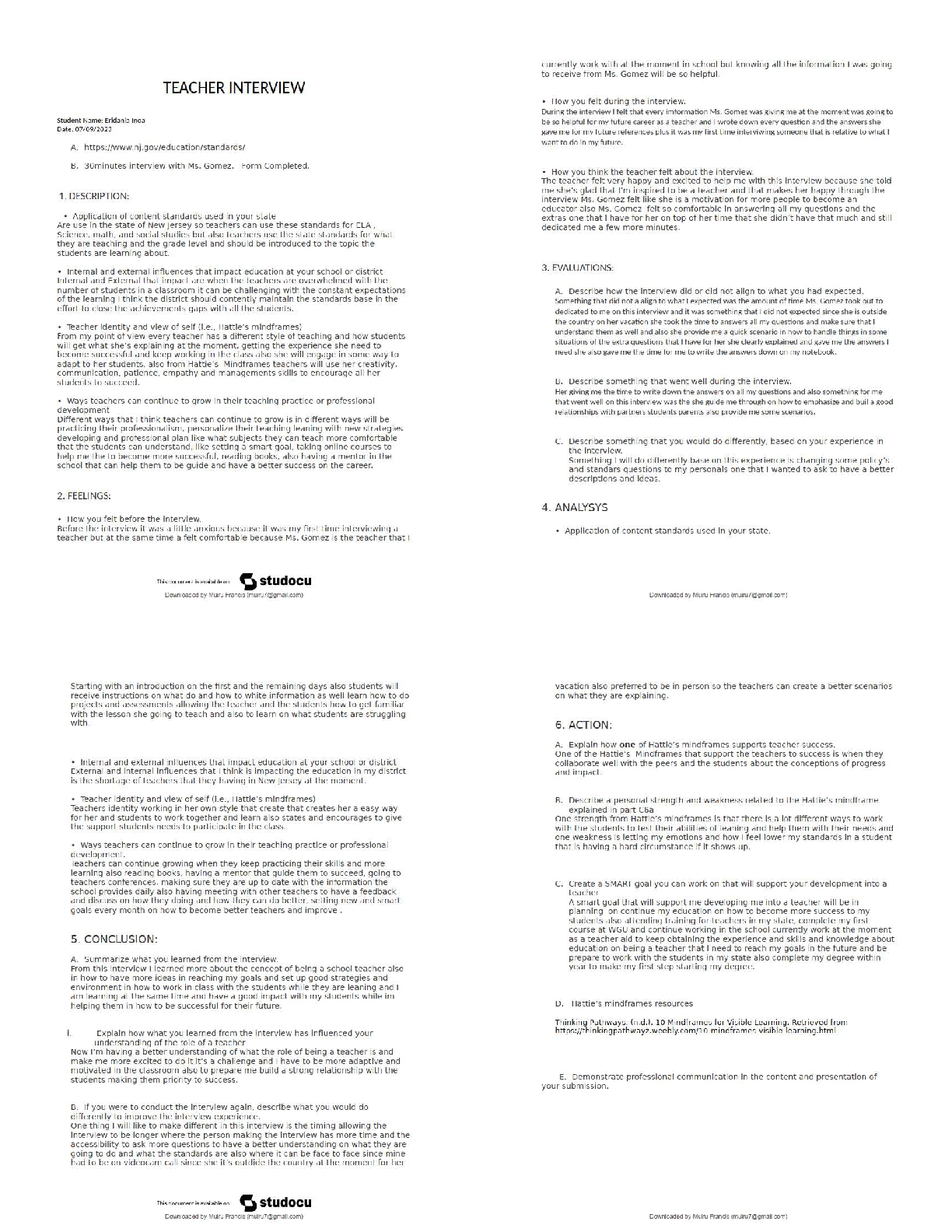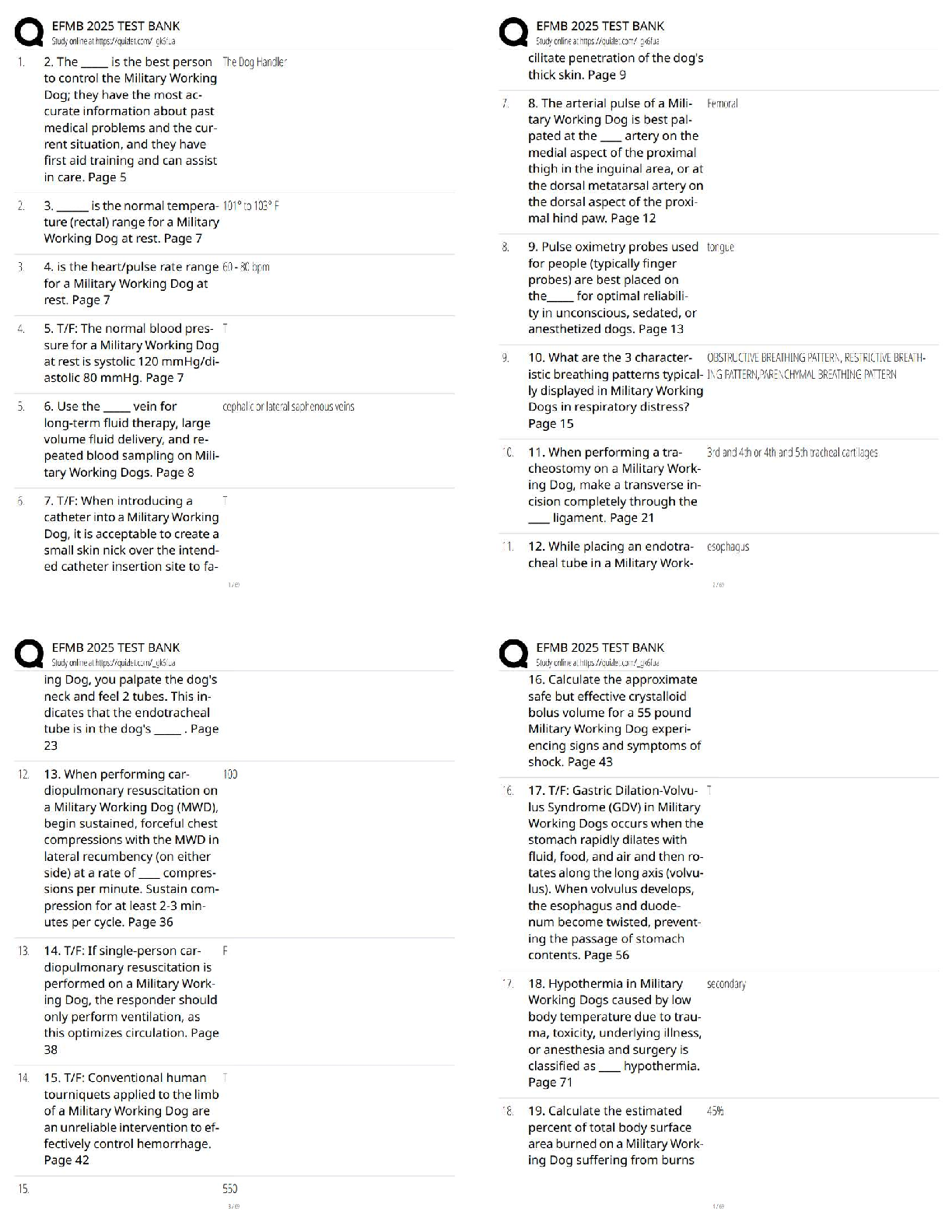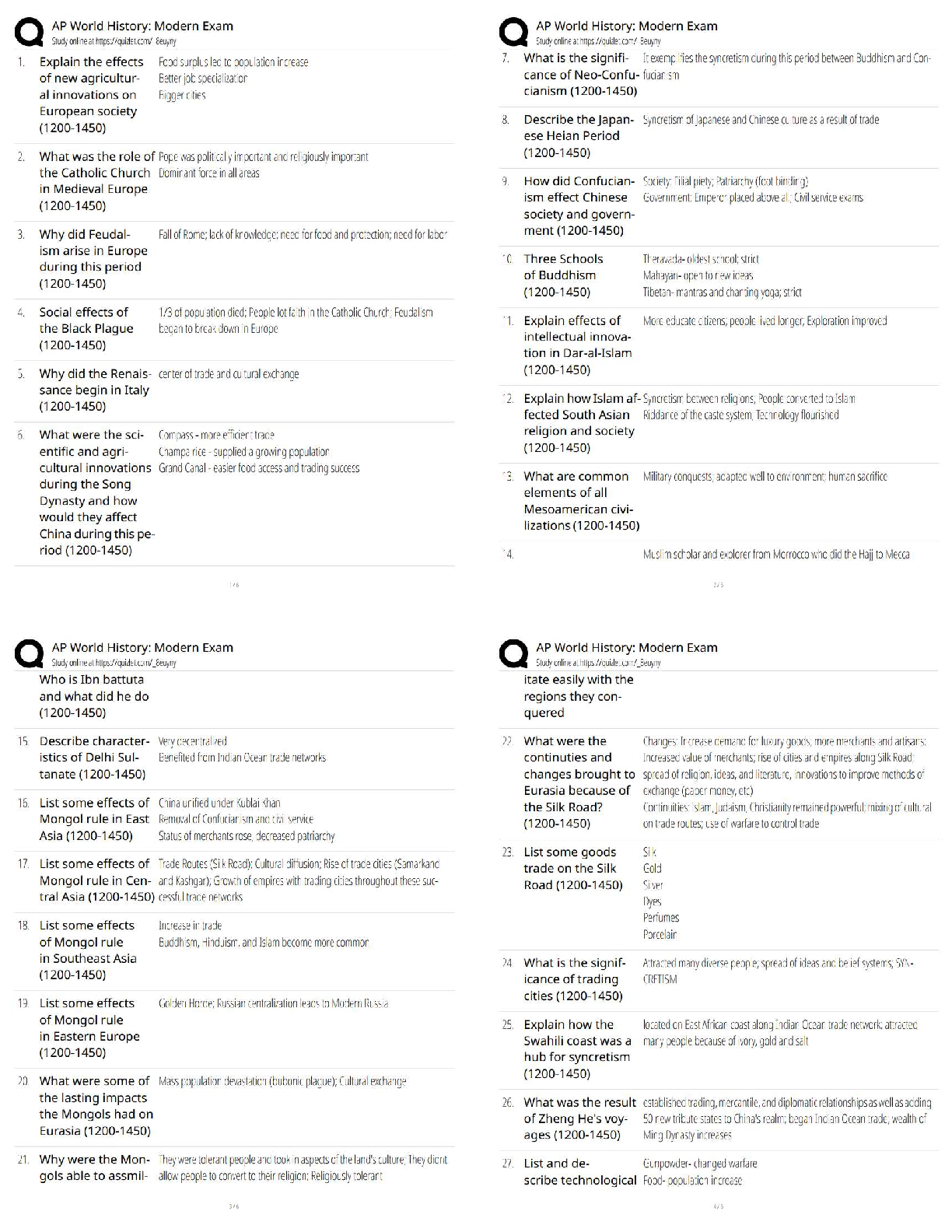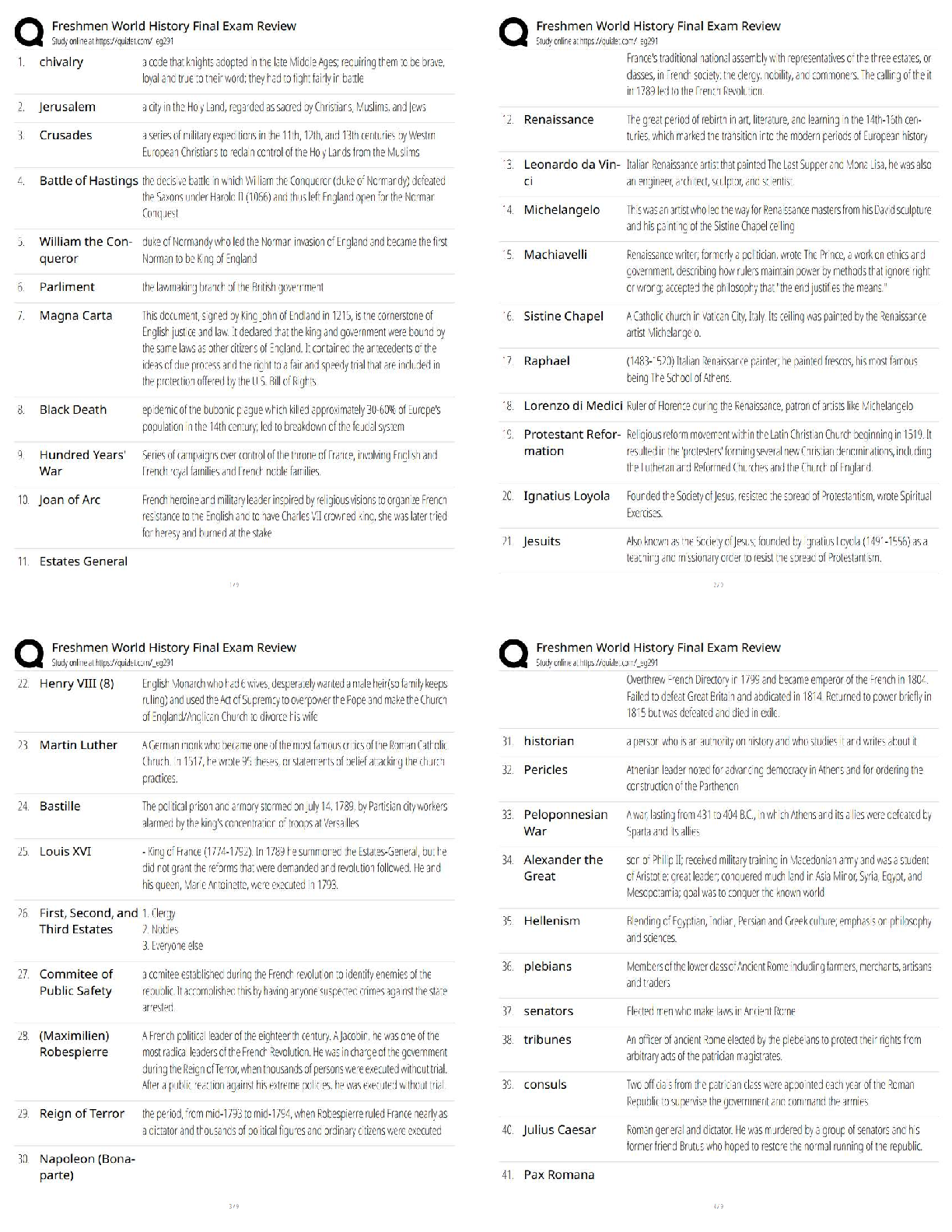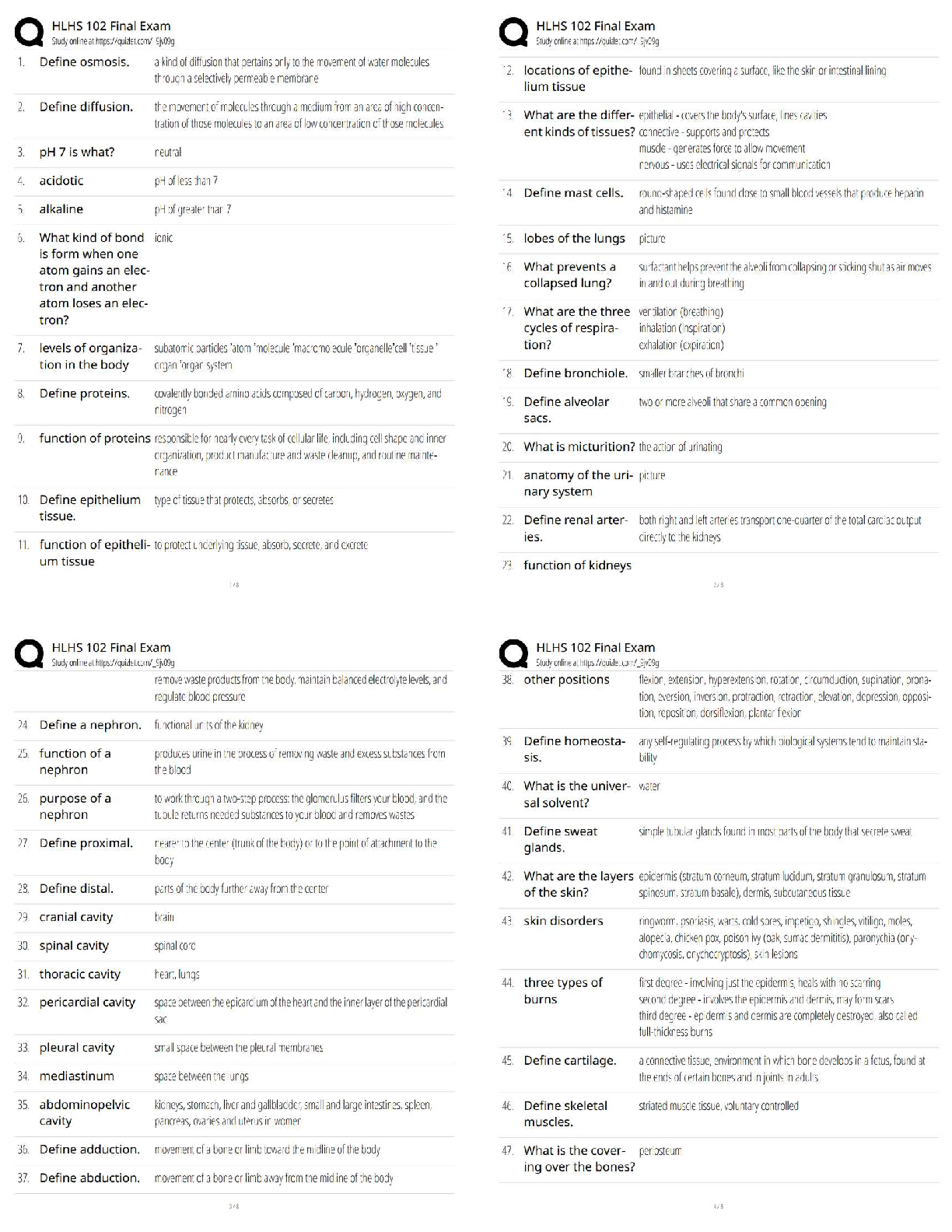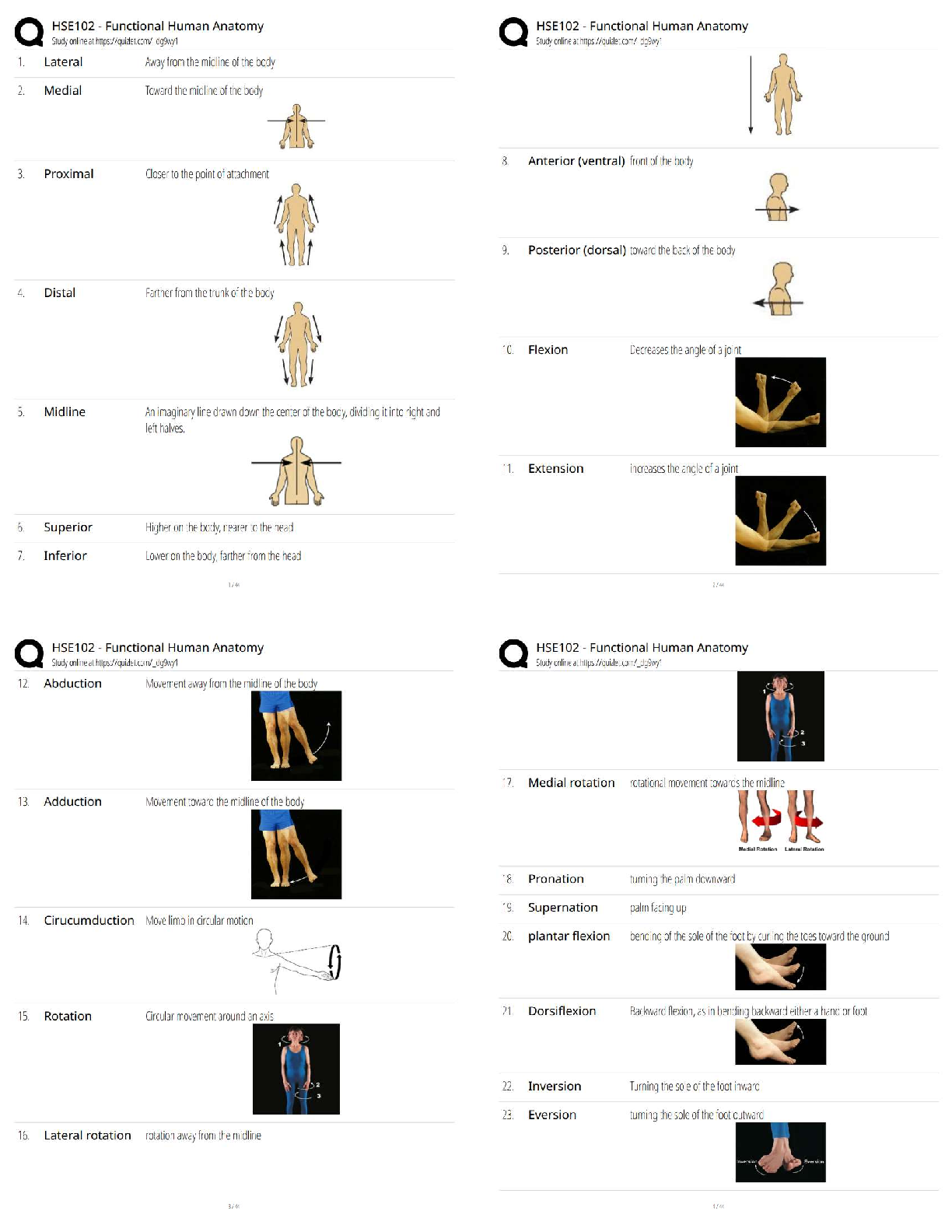Strayer University - CRJ 220 WEEK 5 QUIZ 2 (GRADED A)
Document Content and Description Below
• Question 1
2 out of 2 points
Moral responsibility or blameworthiness that attaches to persons who freely and knowingly engage in wrongful actions is sometimes referred to as:
• Q
...
uestion 2
2 out of 2 points
In simplest terms, determinism holds that:
• Question 3
2 out of 2 points
Which of the following refers to circumstances (e.g., presence of mental illness) surrounding a criminal event that reduce, but do not eliminate, moral responsibility and the severity of punishment imposed:
• Question 4
2 out of 2 points
If human beings are, by nature, hedonistic then we naturally seek:
• Question 5
2 out of 2 points
Which of the following, though only in its infancy, may be the future standard for detecting dishonesty in police departments and courtrooms?
• Question 6
2 out of 2 points
Which of the following is theorized to play an important role in imitative behavior and our capacity to relate to and empathize with other people?
• Question 7
2 out of 2 points
Which of the following is discussed in your text as a possible causal factor in the higher rates of aggression and violence we find in geographical areas that are the most heavily crowded?
• Question 8
2 out of 2 points
The power to make choices and engage in actions that originate with ourselves is referred to as:
• Question 9
2 out of 2 points
Which of the following is sometimes held to be the only "event" for which there is no cause?
• Question 10
2 out of 2 points
Modern-day determinism tends to be based in:
• Question 11
2 out of 2 points
Which of the following might help us develop open-mindedness and the virtue of tolerance?
• Question 12
2 out of 2 points
The Comstock Act:
• Question 13
2 out of 2 points
Which of the following, derived from John Stuart Mill, suggests that governments can legitimately create and impose laws only where it is necessary to prevent people from harming others?
• Question 14
2 out of 2 points
Which of the following positions holds that there are eternal, unchanging moral laws that apply to all people, everywhere?
• Question 15
2 out of 2 points
Which of the following suggests that governments can and should pass laws to protect citizens from themselves, looking out for its citizens as a father might for his children?
• Question 16
2 out of 2 points
Advocates of which of the following often appeal to the harm principle to support their position:
• Question 17
2 out of 2 points
Moral relativism is the idea that:
• Question 18
2 out of 2 points
The argument that sodomy should be prohibited simply because it is immoral -- not because it harms anyone -- would be an example of:
• Question 19
2 out of 2 points
When we claim that certain moral values or principles (e.g., do not steal) apply or should apply to all people, everywhere, we are saying that some values or principles are:
• Question 20
2 out of 2 points
When we are committed unquestioningly and with absolute certainty to a belief or beliefs, we are guilty of:
• Question 21
2 out of 2 points
Direct misconduct by a police officer, such as extorting money from drug dealers, would be an example of which of the following forms of misconduct?
• Question 22
2 out of 2 points
If, as Plato and others have implied, human nature is egoistic then our actions are motivated by:
• Question 23
2 out of 2 points
Which of the following involves rationalizing misconduct by perceiving informal norms – such as secrecy or loyalty to fellow officers – to be more important than societal laws, norms, or the formal norms of the organization by which one is employed?
• Question 24
2 out of 2 points
Actions by law enforcement officers that exploit the powers of law enforcement for personal gain (e.g., accepting bribes) can be regarded as:
• Question 25
2 out of 2 points
A law enforcement officer accepting money or other favors for overlooking traffic violations would be classified as which of the following forms of corruption?
• Question 26
2 out of 2 points
With respect to religion and morality, the problem of common ground refers to the fact that religious commands and principles:
• Question 27
2 out of 2 points
Which of the following actions, if committed by a law enforcement officer, would be considered “corruption of authority”?
• Question 28
2 out of 2 points
Simply stated, our awareness that certain actions are morally wrong can be referred to as:
• Question 29
2 out of 2 points
Which of the following explanations of police corruption diverts attention away from the possibility that corruption is systemic, arguing instead that corrupt acts are committed by only a few "bad" officers within otherwise ethical departments?
• Question 30
2 out of 2 points
Which of the following refers to the anxiety or discomfort we experience when we deviate from our own internal standards of right and wrong?
[Show More]
Last updated: 3 years ago
Preview 1 out of 7 pages
 GRADED A.png)




